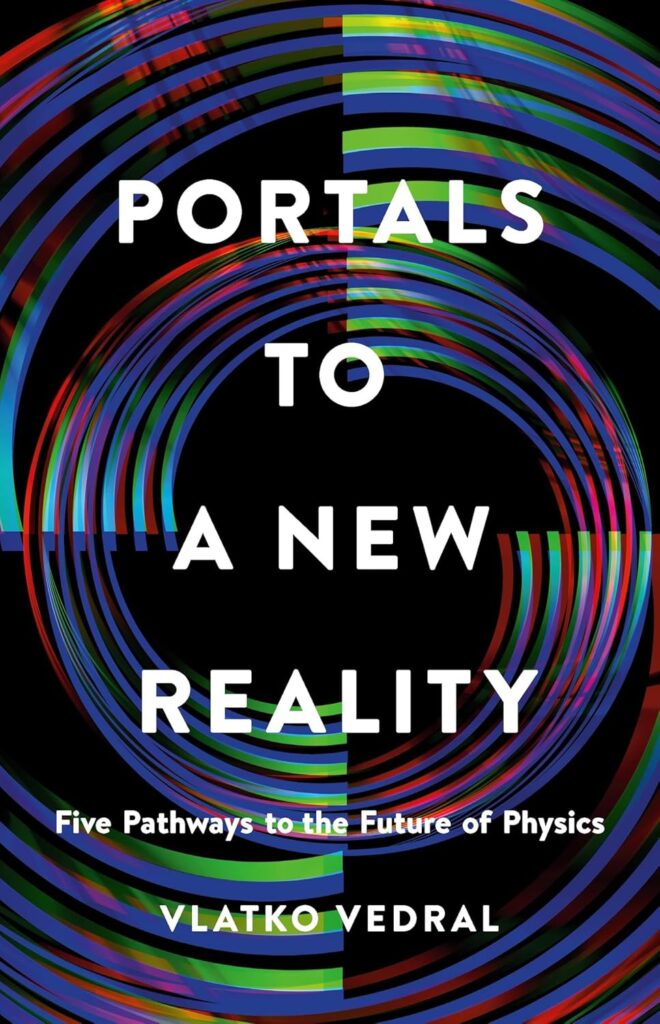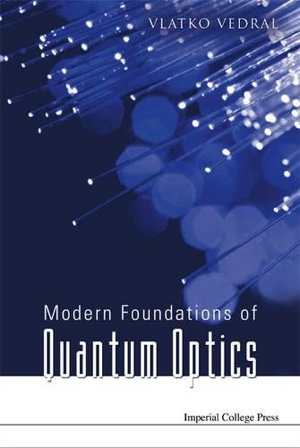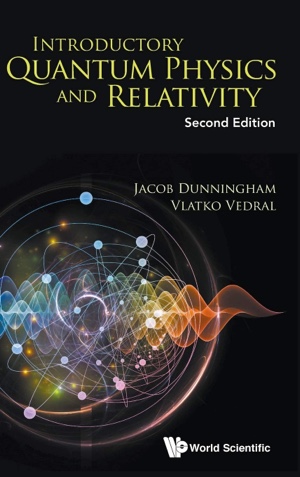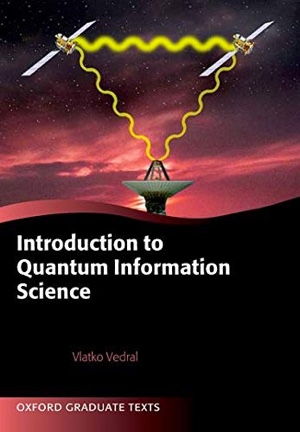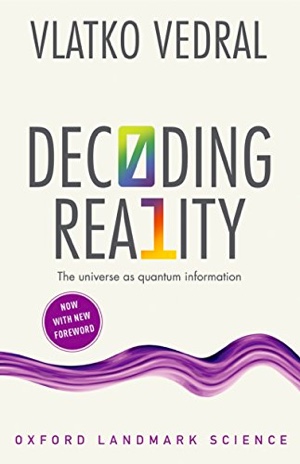Via Negativa
I’ve said it many times before that I am much more sympathetic to the Eastern Religions than to the Abrahamic ones (geographically, also Eastern Religions as far as Europe is concerned, but never mind that). However, there is one branch of Christianity that resonates with me more than the rest of it put together (admittedly, this might not be saying much in my case). It’s called the Negative Way, or, even better known by its Latin name: the Via Negativa.

The Cappodacian Fathers
This version of Christianity was practiced by the so-called Cappadocian Fathers, who were the 4th Century early Christian monks living in a stunning region of Turkey some 6 hours drive north from Istanbul. They resided in caves and practiced a rather ascetic and spiritual form of existence (you can now stay in one of the caves as a tourist and I believe Angelina Jolie did that too in her role as the Tomb Raider). They developed what is frequently called as a mystical form of Christianity, though I think that this is an inappropriate label. Quite the contrary, I find their approach to be one of the most rational ones in all of religion (let me put it even more strongly: if you’d forced me to be a Christian, this denomination would be what I’d personally go for).
The reason why I think they were rational is that their philosophy, the way they thought about God in general, in many ways resembles the way we scientists tend to phrase things about Nature.
Scientists cannot tell you what things really are like, but we can quite confidently say what they are NOT like. The Earth is NOT flat. The Sun is NOT at the centre of the universe. You can NOT measure the position and the speed of an electron at the same time. You can NOT use all the energy to do useful work. You can NOT decrease the entropy of the universe. You can NOT travel faster than the speed of light. You can NEVER do any experiment to detect uniform motion. Science doesn’t yet know what is ultimately possible (and it may never do), but we are quite sure about what cannot be done. Science is the Via Negativa par excellence.
Einstein, in fact, said that the more prohibitive the law the better it is from the scientific perspective. This is because more prohibitive laws rule out larger numbers of (wrong) possibilities. And, when you’ve ruled out as much as you possible can, whatever remains, however weird it might be, must ultimately give you the final truth (I am sure there is a Sherlock Holmes quote hiding in here somewhere…).
Anyway, the Cappadocian Fathers would say similar things about God. You cannot say that God exists. Equally, you cannot say that God doesn’t exist (both statements sit really well with atheists). You cannot say that God is infinite (or indeed finite!) or that it created the universe. And so on and so on. Now, it would be a stretch to say (and I am NOT saying it) that the Cappadocian Fathers would have arrived at quantum physics and general relativity this way, but they certainly did influence many things in the medieval philosophy that may have ultimately led us to Kepler, Galileo, Newton and the rest. Who knows?
But, I didn’t want to devote this whole newsletter to the Via Negativa. I only thought that it would be an appropriate introduction for what I wanted to say. One thing I wanted to emphasise is that you should have the same negative attitude with most of the things you read about physics in the popular press these days. I say this with a tongue in cheek, but I do think that there is some truth to it (some of you would probably add that this attitude should apply to everything in the press and not just physics).
Take this line from some newspaper or other: “Reality doesn’t exist until you measure it”. This is not true. No physicist worth their salt would ever do physics if reality didn’t exist or if it only depended on our measurements. In fact, you should negate it to get: reality only exists when you don’t measure it. This statement is closer to what quantum physic is like. Ditto with another line “Entanglement is spooky action at a distance”. In fact, entanglement prevents things from being spooky in the first place. It seems to me that you’d be getting closer to the scientific truth by negating most things you read in the newspapers about physics. Of course, this is not the Cappadocian meaning of the Negative Way, but it could serve us well in practice.
More seriously, but still Negative, there is a suggestion, due to David Deutsch and developed by Chiara Marletto, that all the laws of physics should ultimately be phrased using principles telling us what tasks can and what tasks cannot be performed in our universe. They call it the Constructor Theory, because it is all about the things that are ultimately possible to do facilitated by the machines more powerful than computers that Deutsch and Marletto call Universal Constructors. The idea regarding constructors goes back to the legendary von Neumann and he introduced it in order to bridge the gap between computers and living systems.
But the vision of Deutsch and Marletto is bigger. They are our modern-day Basil the Great and Gregory of Nyssa.
The idea is to have a finite set of principles prohibiting things that cannot be constructed so that, whatever remains, is indeed our physical reality. When I think about this, and it is a very appealing idea indeed, Caratheodory’s formulation of the Second Law of thermodynamics always comes to mind.
Caratheodory said that in the vicinity of any adiabatically possible process there exist processes which are not adiabatically possible. The Mancunian brewer called James Joule knew this well. It is easy to heat up beer in a barrel by steering it, however, no adiabatic action exists which would do so in reverse (shame, otherwise I wouldn’t have to pay for the fridge to keep my beer cool).
Extrapolating Caratheodory, and channelling Deutsch and Marletto, we might hazard a guess at the ultimate, Constructor-like, most prohibitive law of physics: in the vicinity of any physically possible task, there are tasks that are impossible even by the standards of the Universal Constructors.
Sounds prohibitive, sure, but is it prohibitive enough? And, more importantly, can we even derive the existing physics from it?
Sign up to my substack
BOOKS
ASK ME ANYTHING!
If you'd like to ask me a question or discuss my research then please get in touch.
